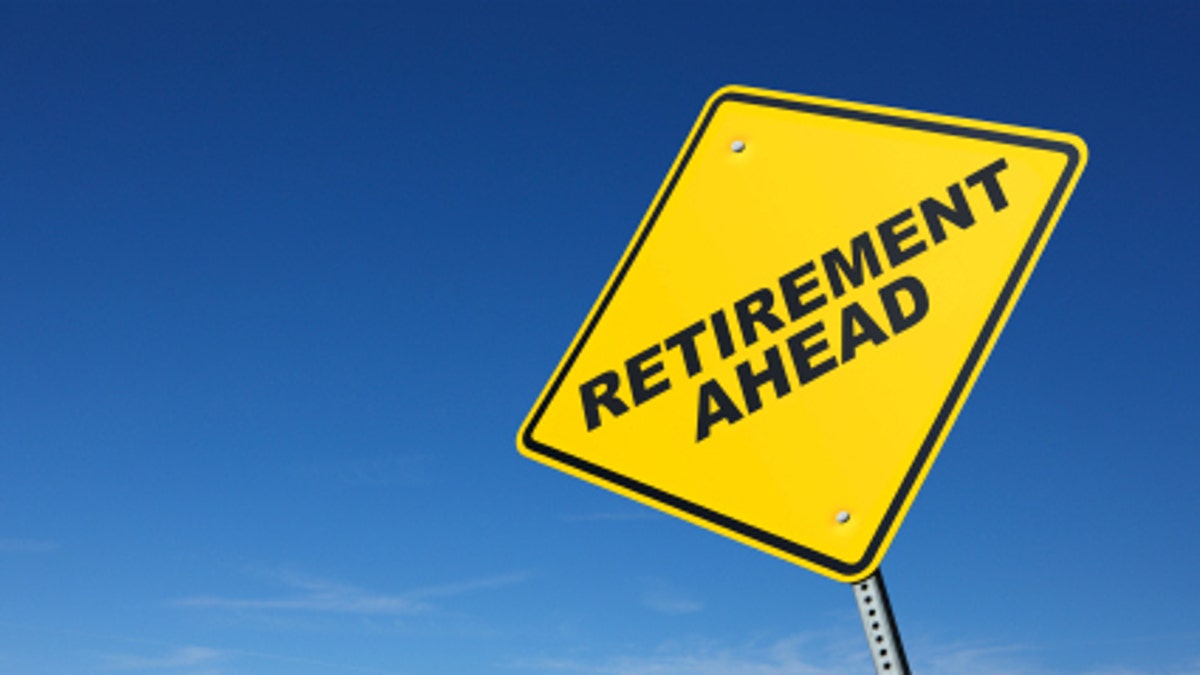
There are no two ways about it – turning 40 without having anything socked away for retirement is a dicey proposition. That said, not all hope is lost. Even though you are beginning a little behind the eight-ball, there are still things you can do to ensure that you will not only reach retirement, but also enjoy a comfortable one.
1) Pay down all outstanding debt obligations ASAP
This is the most important action you can take. Having a large debt-load is the single biggest concern for future retirees. Of course, this is much easier said than done. Many people at 40 have mortgages, credit card debt, car loans, and other forms of debt. The first step should be to aggressively reduce high-interest, non tax-deductible personal debt. Credit cards and car loans typically fall into this category. While it doesn’t take a genius to figure out why an overwhelming amount of personal debt is bad, it is important to understand how it can drastically affect your retirement outcomes. The main problem with personal debt is the exorbitant interest payments that could otherwise be going to your retirement savings. And the fact of the matter is, the 15 percent APR that you are paying on your credit will far outstrip any investment returns you earn on your retirement savings.
To give a brief example, lets say you are 40, have nothing saved for retirement, but have the capacity to max out your IRA ($5,500 per year) and contribute $2,000 to your company 401(k). Let’s also assume that you have an outstanding debt load of $20,000, with an APR of 15 percent that you plan to pay back over 5 years. If you make identical contributions every year and your investments grow at a rate of 5 percent a year, you will have around $358,000 by the age of 65. While this certainly isn’t terrible, it will be difficult to get by on, especially if you live well into your 80s. But what would have happened if you had no debt, and was able to contribute your yearly credit card payments toward your retirement account instead? In this scenario, you would have around $450,000 by age 65, nearly $90,000 more. This is the power of compounding, and demonstrates why it is incredibly important to get a hold of your personal debt as soon as possible.
2) Contribute aggressively to both your IRA and company 401(k)
This may seem like a no-brainer, but it is amazing how many people are unaware of the contribution limits and end up not contributing as much as they could to their retirement accounts. For the year 2013, the max IRA contribution limit was $5,500, while the max contribution to a company 401(k) plan was $17,500. Of course, not everyone can afford to completely max out both plans, as that would be cumulative contribution of $23,000. But for most people, the max contribution is not necessary to hit their retirement goals. A cumulative contribution of $10,000 per year across both plans would equate to around $500,000 by the time you reach 65, given an annual investment return of 5 percent. It is also important to keep in mind that these contributions are tax deductible (unless you are going the Roth route), and that once you hit 50, you can make catch-up contributions in your IRA of up to $1,000.
3) Invest heavily in stocks, not bonds
One of the most common mistakes that people make after deciding to invest is being overly risk-averse in their investment selection. If you haven’t put away a dime by the time you are 40, you can’t expect to make a reasonable return if you are invested entirely in low risk Treasury bonds. Low risk means low reward, and in your case, would mean no retirement. A prudent asset allocation should be at least 60-70 percent in equities, with the remaining portion in bonds and possibly a small allocation to real assets. Of course, as you get older retirement and approach retirement, you do want to steadily shift your allocation over to safer fixed income investments.
If you are getting a late start, don’t lose hope. Keep these three rules of thumbs in mind and create sensible goals and create sensible plan to achieve those goals. Your dreams of spending your latter years on a picturesque beach in Honolulu can still become reality.
Joseph Egoian is an investment writer at NerdWallet, a site dedicated to helping consumers learn how to manage their money, whether it’s to help them find the best credit card for their needs, or find the right online brokerage account.
